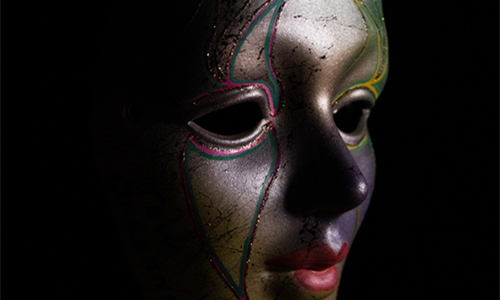
It is difficult to fully comprehend this underground Kumantong trading market and punish the sellers, legal expert said. (photo: VCG)
A Chinese mother was reportedly left daunted on learning that her teenage daughter has been secretly tending and praying to a statue of Kumantong, a divinity of Thai folk religion.Kumantong, literally meaning 'golden baby boy,' is worshipped by some Southeast Asians as an amulet or mascot, which they believe can bring wealth and fortune. There is a minority of people who deem Kumantong as an evil "haunted doll" that can be used to curse others.
Han, the mother of an eighth-grader, told media she was shocked and frightened onoccasionally seeing a doll in her daughter's wardrobe with strange symbols painted on its face.
Han's daughter told her the doll was named Kumantong. "I searched online and found that taking care of Kumantong is like 'raising a little ghost' in Chinese superstition (to curse people)," Han told thepaper.cn. "It was horrible."
In addition to Kumantong, the girl kept a bottle of powder in her wardrobe. She said it was 'jiangtou (tame head) powder.' Jiangtou is a superstitious word in the Chinese language referring to using black magic to drive someone delirious and tame the individual.
Derivative products of feudalistic superstitions, including Kumantong and 'jiangtou powder,' that Han's daughter had bought, are strictly prohibited from trading in China, said legal expert Zhang Bo.
China protects citizens' freedom of religious belief, but it is illegal for unregistered companies or individuals to sell religious products, let alone underground superstitious items, Zhang told the Global Times Tuesday.
"Sellers of these items can be charged with fraud or illegal business operations," he added.
Searching the keywords "Kunmantong" and "jiangtou powder" on Taobao and Xianyu, respectively, China's leading online retail and second-hand trading platforms - the Global Times reporter didn't find any related products on Tuesday.
However, the reporter found dozens of accounts that claiming to be Kumantong dealers on Twitter-like Weibo. A dealer with over 600,000 followers, for instance, posted on Monday, stating his products were made of "soils of graveyards and ashes of the dead" and can "greatly hurt" people his buyers dislike.
It is difficult to fully comprehend this underground trading market and punish the sellers, as most transactions are carried out through online private channels, and are difficult to track, Zhang said.
Even more worrying is that some sellers may incite their buyers to attack or harm others in the name of Kumantong, Zhang said. "Worse still, some of the buyers are juveniles who lack the ability to distinguish between right and wrong," he added.

